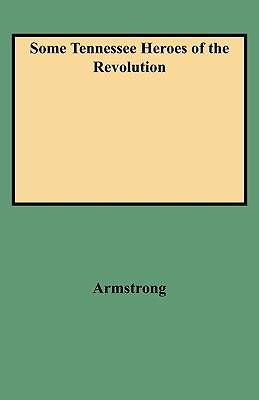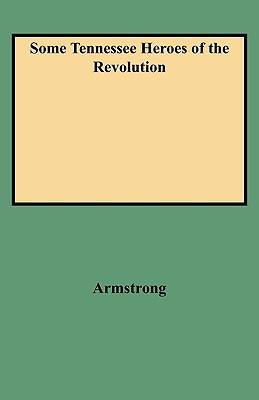
- Afhalen na 1 uur in een winkel met voorraad
- Gratis thuislevering in België vanaf € 30
- Ruim aanbod met 7 miljoen producten
- Afhalen na 1 uur in een winkel met voorraad
- Gratis thuislevering in België vanaf € 30
- Ruim aanbod met 7 miljoen producten
Zoeken
Omschrijving
This work delivers a rather more detailed treatment of Tennessee Revolutionary pensioners than did Miss Armstrong's "Twenty-Four Hundred Tennessee Pensioners: Revolution [and] War of 1812," though, of course, it is confined solely to pensioners of the Revolutionary War. Based on the Invalid Lists of 1806 and the Pension Lists of 1818, 1832 and 1840, it supplies--in addition to name, age, service, residence, and source of information--the date of the pension application, date and place of birth, service record, names of all family members cited in the pension statement, and place or places of migration to, from, or within Tennessee. The 1840 Pension List is especially interesting to researchers, as it includes widows' applications. Widows were required to submit proof of marriage and children, and their applications, therefore, constitute a rich vein of genealogical source material. Altogether several hundred Revolutionary War veterans and several thousand related family members are documented. The State of Tennessee was erected after the Revolution. All soldiers who lived in the Tennessee country during the Revolution are found on the North Carolina rolls. Pensioners who moved to the state later are credited to the states in which they lived and served.
Specificaties
Betrokkenen
- Auteur(s):
- Uitgeverij:
Inhoud
- Aantal bladzijden:
- 168
- Taal:
- Engels
Eigenschappen
- Productcode (EAN):
- 9780806306841
- Verschijningsdatum:
- 1/06/2009
- Uitvoering:
- Paperback
- Formaat:
- Trade paperback (VS)
- Afmetingen:
- 140 mm x 216 mm
- Gewicht:
- 199 g

Alleen bij Standaard Boekhandel
+ 75 punten op je klantenkaart van Standaard Boekhandel
Beoordelingen
We publiceren alleen reviews die voldoen aan de voorwaarden voor reviews. Bekijk onze voorwaarden voor reviews.








